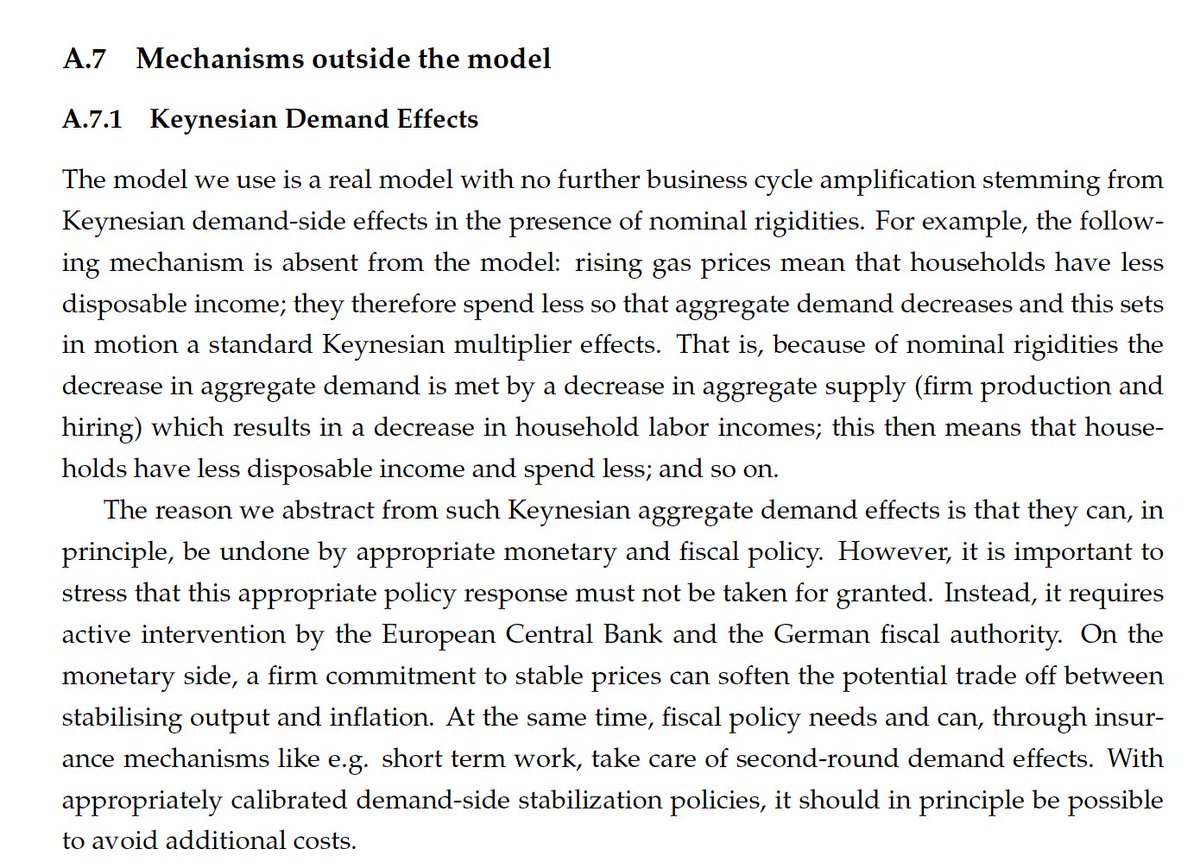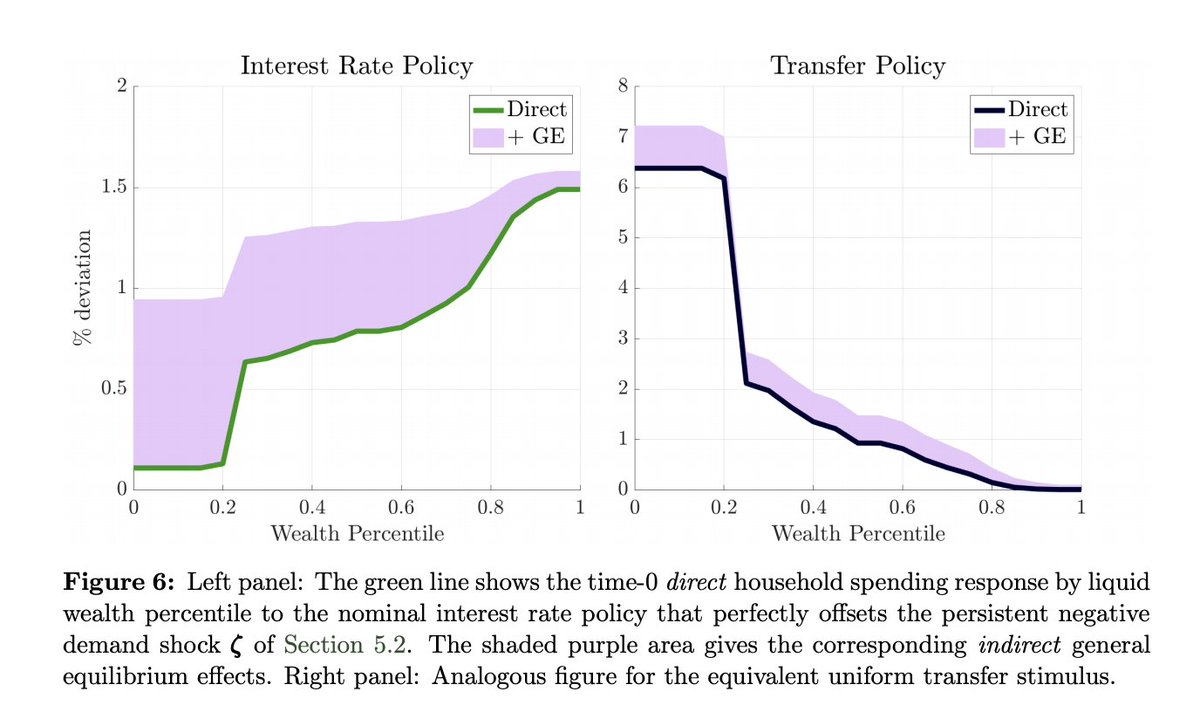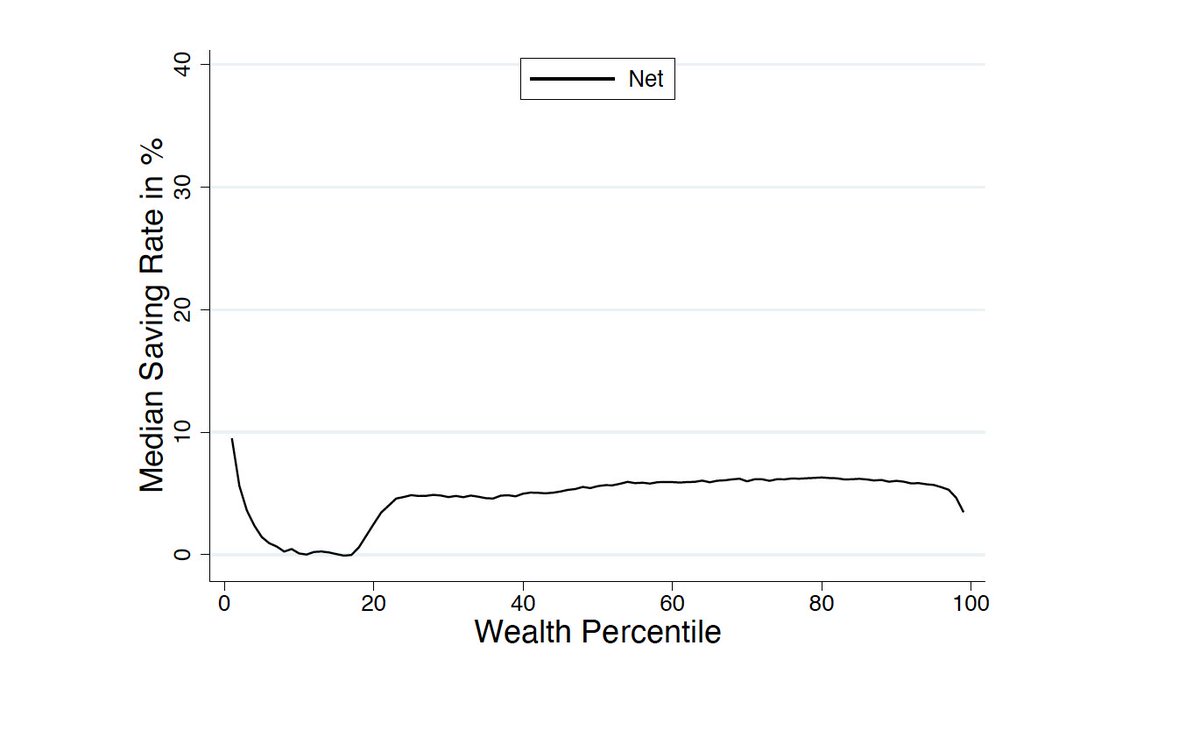
In our import stop paper we emphasize that it makes a big difference how much people and firms can substitute for Russian energy inputs.
How might such substitution work in concrete terms?
A new supplement to our paper has some more thoughts
benjaminmoll.com/RussianGas_Sub…
Thread:
How might such substitution work in concrete terms?
A new supplement to our paper has some more thoughts
benjaminmoll.com/RussianGas_Sub…
Thread:
https://twitter.com/kuhnmo/status/1500937765814517774
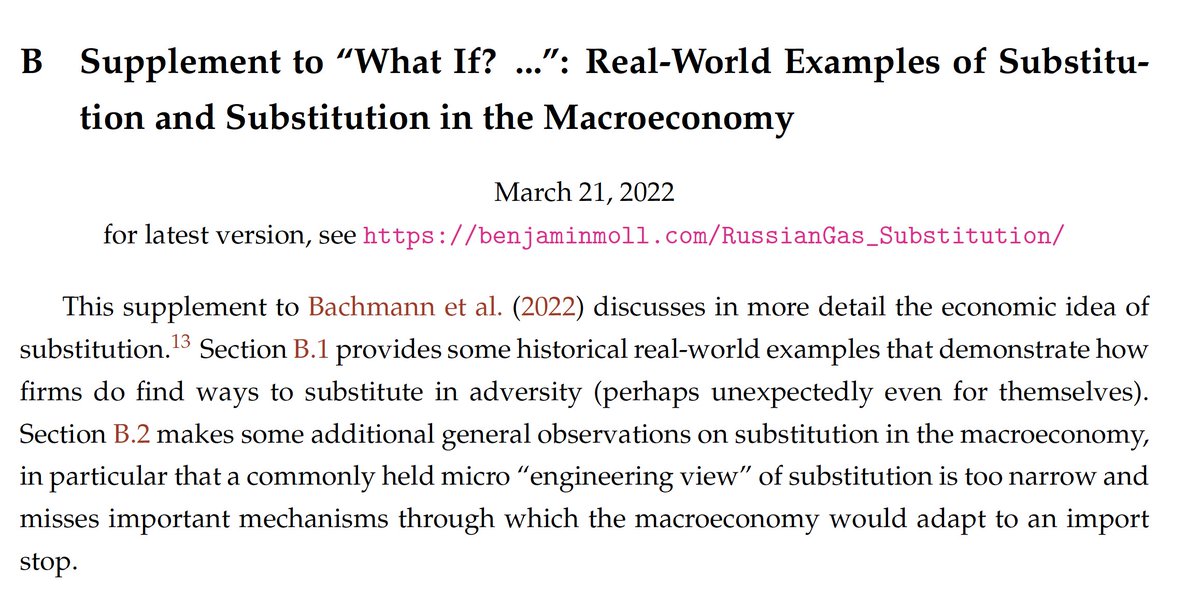
First, some real-world examples showing how firms do find ways to substitute & sometimes even to their own surprise.
Particularly relevant: the Chinese embargo of rare earths exports to Japan and how Japanese producers adapted and substituted in response.
1/
Particularly relevant: the Chinese embargo of rare earths exports to Japan and how Japanese producers adapted and substituted in response.
1/
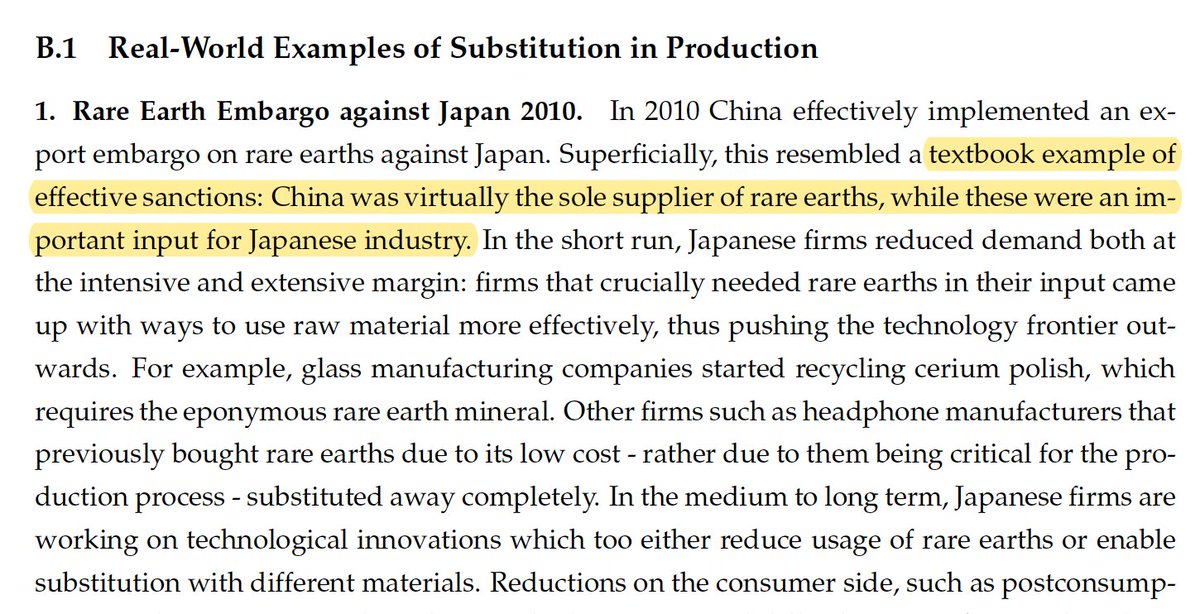
Perhaps even more relevant for the discussion at hand: shutdown of the Druzhba pipeline due to contamination. Response: ship the oil instead.
This is example is borrowed straight from @jakluge's excellent thread
2/
This is example is borrowed straight from @jakluge's excellent thread
https://twitter.com/jakluge/status/1502974281361285120
2/
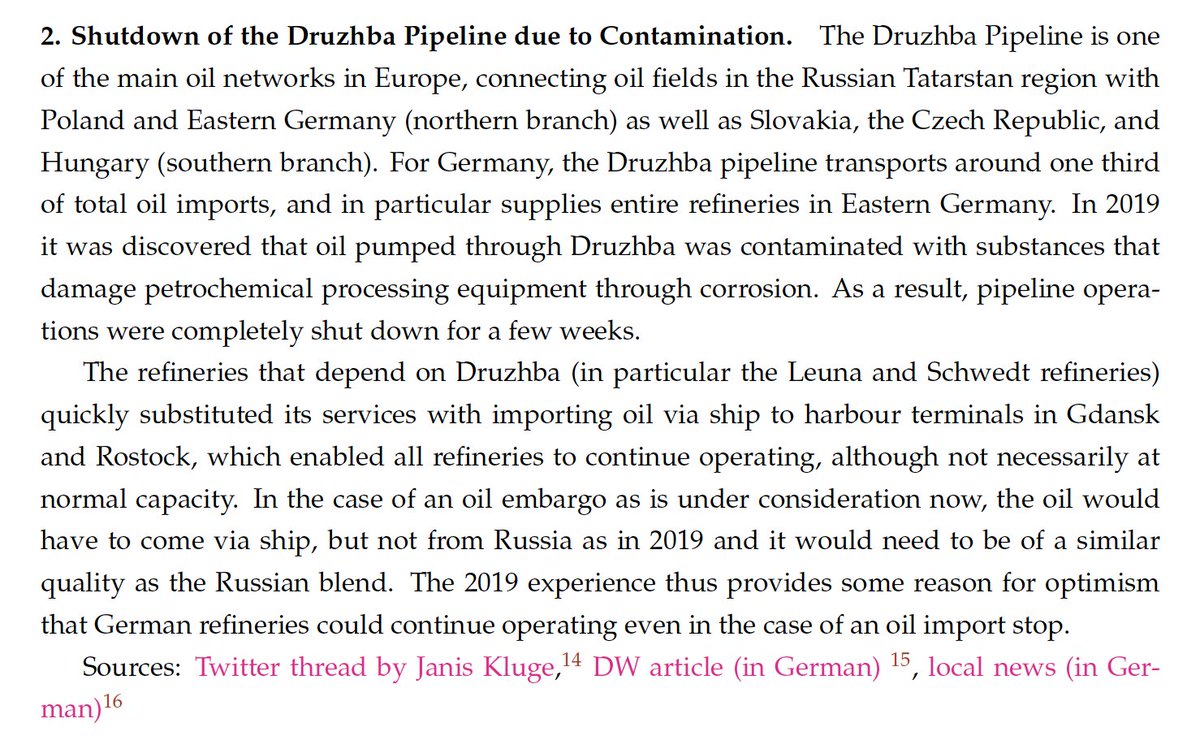
Now my two favorite examples, both from World War II
First, @ilzetzki on US aircraft manufacturing during WWII. The US urgently needed 50,000 planes. Both industry & economists said "impossible".
Yet, soon thereafter, the U.S. produced 100,000 planes in a single year!
3/
First, @ilzetzki on US aircraft manufacturing during WWII. The US urgently needed 50,000 planes. Both industry & economists said "impossible".
Yet, soon thereafter, the U.S. produced 100,000 planes in a single year!
3/
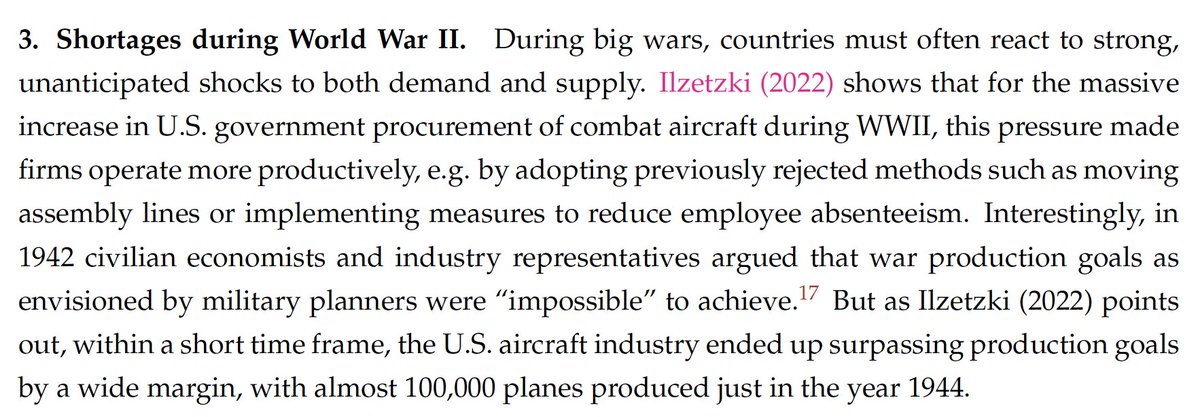
Fun fact: even economist Simon Kuznets, the "father of GDP", got it wrong and said it couldn't be done.
How did they do it? Eg by adapting the assembly line from car manufacturing.
4/
How did they do it? Eg by adapting the assembly line from car manufacturing.
4/

My other favorite WWII example: Germany faced a major petrol crisis because the US & USSR cut if off
What did they do? Prioritize petrol for industry/military and fit cars with device that burns wood into gas ("Holzgas") which is then fed into engine
en.wikipedia.org/wiki/Wood_gas
5/
What did they do? Prioritize petrol for industry/military and fit cars with device that burns wood into gas ("Holzgas") which is then fed into engine
en.wikipedia.org/wiki/Wood_gas
5/

For more examples see benjaminmoll.com/RussianGas_Sub…, e.g. some of you may have "fond" memories of mask production in the early stages of the Covid-19 pandemic
6/
6/
The second part of the supplement makes some general observations on substitution in the macroeconomy.
There is an important distinction between a micro "engineering view" of substitution that focuses on individual production processes and a more general "economic view".
7/
There is an important distinction between a micro "engineering view" of substitution that focuses on individual production processes and a more general "economic view".
7/
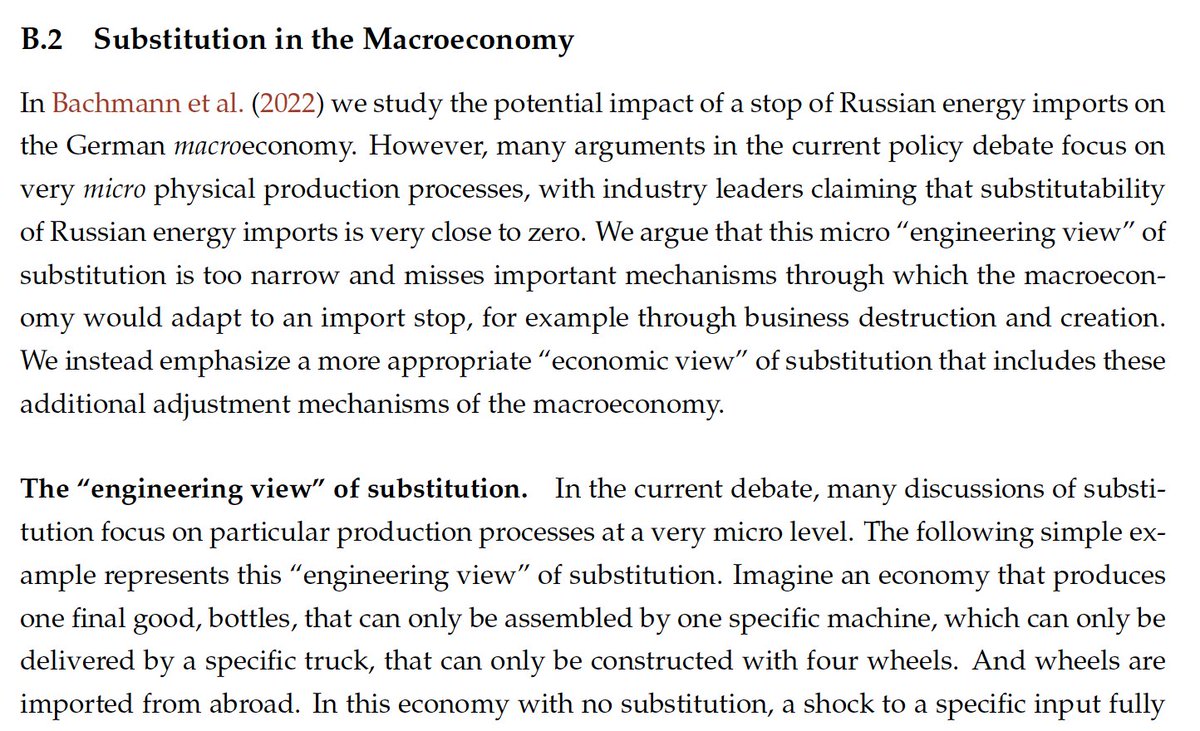
Key observation: zero substitution at "micro-micro" level of individual production processes does not mean zero substitution in aggregate economy
How so? Simply because such production processes will be replaced by new better processes
This can also be true for entire firms
8/
How so? Simply because such production processes will be replaced by new better processes
This can also be true for entire firms
8/
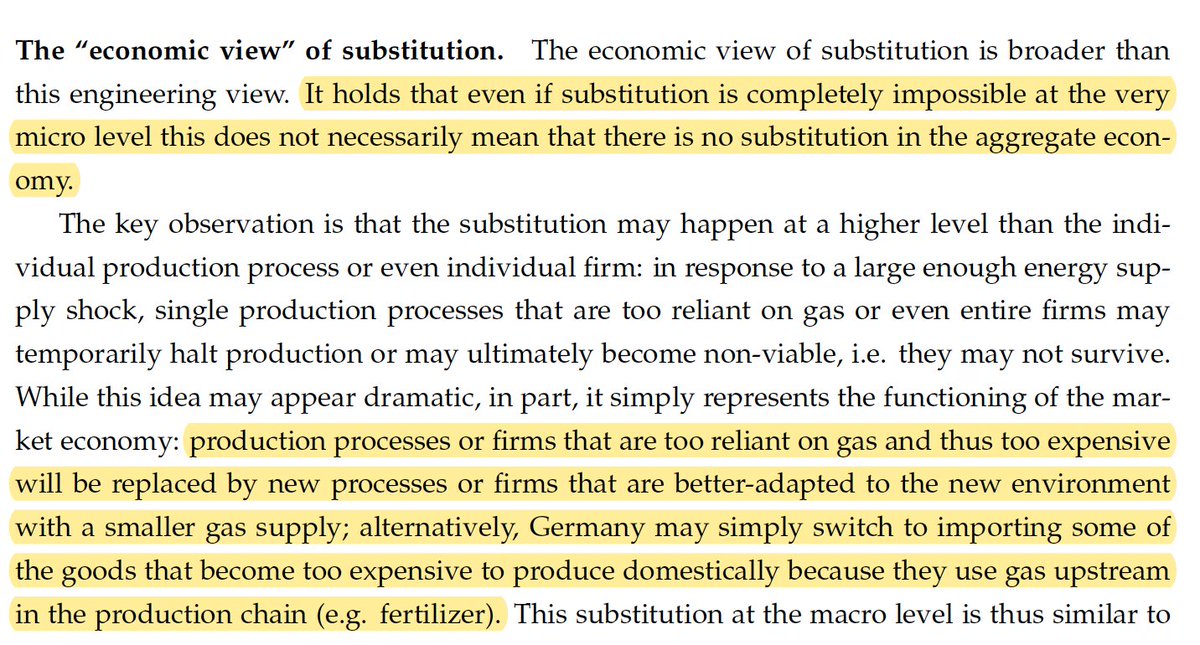
Or perhaps we simply import some of the goods that become too expensive to produce domestically.
See @christianbaye13's excellent thread
9/
See @christianbaye13's excellent thread
https://twitter.com/christianbaye13/status/1504785656815497226?s=21
9/
This idea goes back to a classic 1955 @RevEconStudies paper by Houthakker: even if individual technologies are Leontief (elasticity = 0) they may aggregate up to a Cobb-Douglas production (elasticity = 1)
@ChadJonesEcon discusses the result with the usual lucidity.
10/

@ChadJonesEcon discusses the result with the usual lucidity.
10/
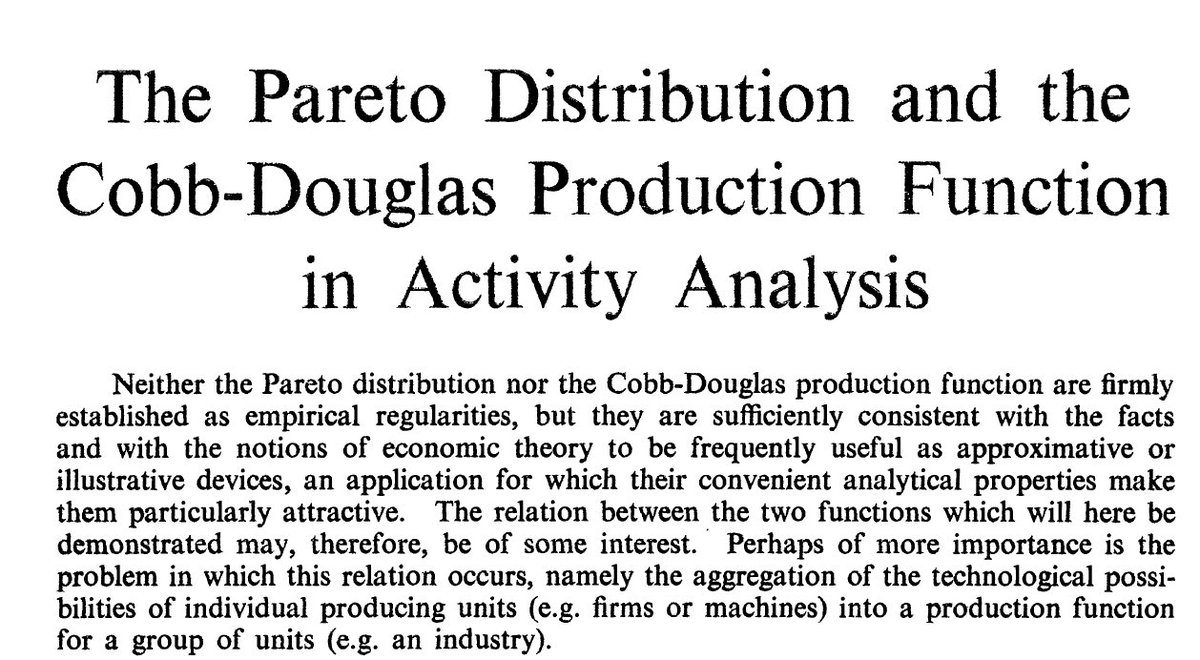
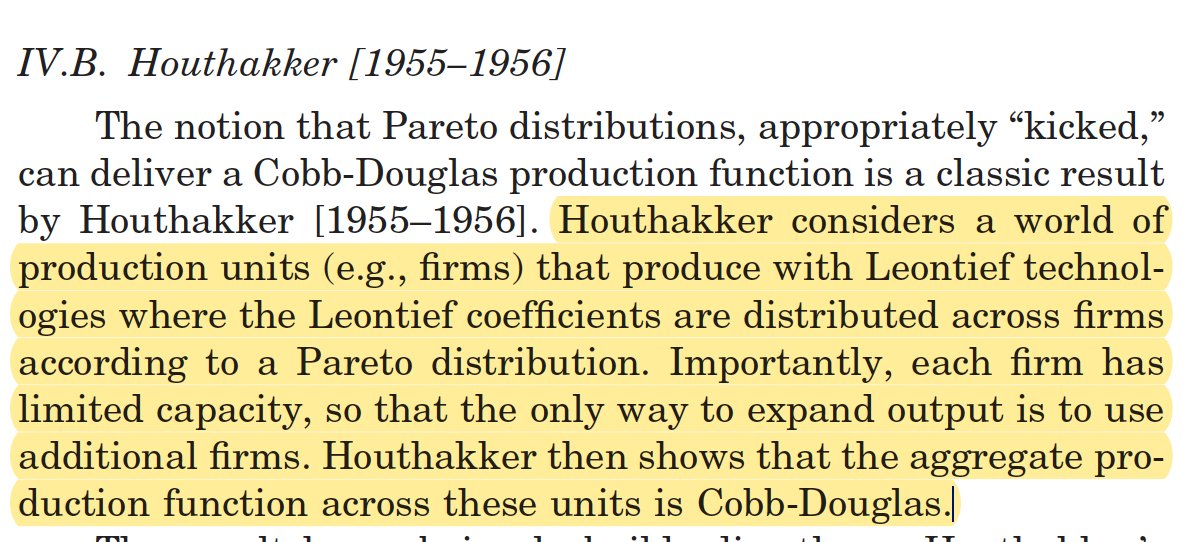
The discussion is therefore subject to a classic "micro-to-macro fallacy".
Interesting corollary: industry representative saying "little substitution is possible" may well be right from "engineering perspective". But this would still be a biased view of the macroeconomy.
11/
Interesting corollary: industry representative saying "little substitution is possible" may well be right from "engineering perspective". But this would still be a biased view of the macroeconomy.
11/
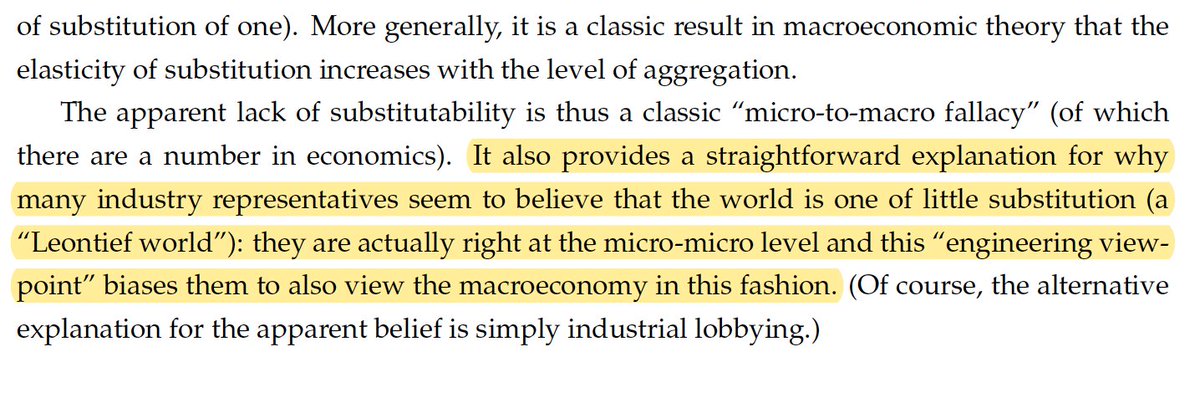
Summary: these examples and considerations aim to show the surprising adaptability of the free-market economy.
@fetzert puts it well: "Let this adaptability shine. If not now then when?"
12/
@fetzert puts it well: "Let this adaptability shine. If not now then when?"
https://twitter.com/fetzert/status/1504462552717135877
12/
The thread reflects discussions with many colleagues including @Basile_G @landais_camille @ilzetzki @guido_lorenzoni @LukaszRachel @R2Rsquared
Many thanks also to my fantastic pre-doc RAs Marina Feliciano & @b__n__z for collecting and compiling the real-world examples.
13/13
Many thanks also to my fantastic pre-doc RAs Marina Feliciano & @b__n__z for collecting and compiling the real-world examples.
13/13
And of course my coauthors @BachmannRudi
@DBaqaee @christianbaye13 @kuhnmo @andreasloeschel @APeichl #KarenPittel @MSchularick !
@DBaqaee @christianbaye13 @kuhnmo @andreasloeschel @APeichl #KarenPittel @MSchularick !
Please also see this great addition from @ben_golub
https://twitter.com/ben_golub/status/1506112324142342147
• • •
Missing some Tweet in this thread? You can try to
force a refresh



